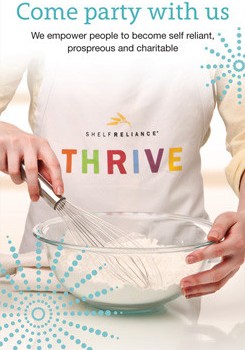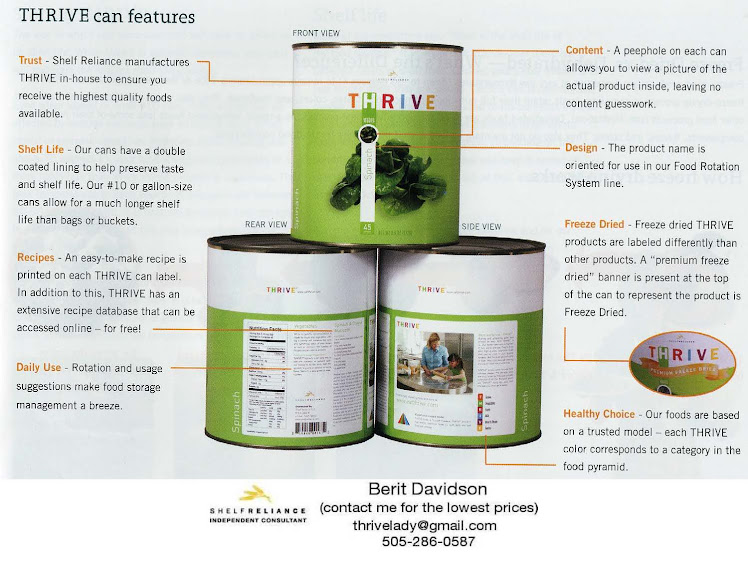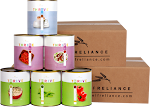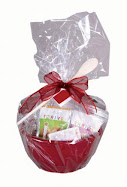For decades governments and religious organizations have urged people to prepare themselves for hardship by storing extra food and water. Food storage or "food insurance" has been seen to be a worthy goal for families in these uncertain economic times. The suggested one or two year supply of food is intended to take care of a family in case of a natural disaster or in the eventuality of a family crisis where money might not be readily available to buy food. Losing one's income has become all too commonplace in today's society.What if you can't get to the grocery store—or don't want to go into town—for any reason? Maybe you've had a rough week and just don't feel like getting out. Maybe you want to keep from catching the flu this season. There's ice on the roads! Or, maybe the threat alert level is too high and it might be better to avoid crowded areas. Maybe it's time to build an emergency supply, or have an emergency preparedness plan, or just put together an emergency preparedness kit. (Domestic and emergency preparedness is highly recommended by the Department of Homeland Security!) Maybe you just don't want to drive your car and spend enormous sums on fuel.
Some people shop for staples in their grocery shopping once a month or once every other month. This is a good idea except for the period when it gets down to shopping day and the supply of food may be depleted. Having a supply of food on hand is a good thing for everyone in case of emergencies.
http://www.washingtonian.com/blogarticles/restaurants/bestbites/14918.html
 This past winter there were record snow storms in the Washington, D.C. area and other parts of the United States. People who knew the problems were coming flooded the grocery stores to buy essential items, leaving the stores with little or no reserves of some products. The employee or trucking strikes which sometimes occur cause the grocery store shelves to become empty. After Hurricane Katrina, most of the complaints centered around the long delay before they were evacuated, and the lack of food and supplies at the shelters.
This past winter there were record snow storms in the Washington, D.C. area and other parts of the United States. People who knew the problems were coming flooded the grocery stores to buy essential items, leaving the stores with little or no reserves of some products. The employee or trucking strikes which sometimes occur cause the grocery store shelves to become empty. After Hurricane Katrina, most of the complaints centered around the long delay before they were evacuated, and the lack of food and supplies at the shelters.Disasters of nature hit unsuspecting areas and preparing in advance is a good idea. If, heaven forbid, disaster strikes and you had the wherewithal and foresight to prepare your household, your dignity remains in tact as you avert subjecting your family to waiting in long lines of angry people for the government to feed you.
Shelf Reliance, a company from Utah, has recently launched from retail (Costco/Walmart) into the network marketing arena. Consultants give home parties in order to share the concept of food storage and provide participants with information, recipes, and samples. The company produces food products which may be stored for 25-35 years and which may be used daily. They encourage rotation of the food storage through usage and have set up programs where people are able to buy the products monthly according to their own budgets (THRIVE Q). It also allows the consultants to earn money through the network marketing plan down three levels. This is a company which should see great growth and success through which consultants have a chance to win at a home based business.
Click HERE for a link to see what emergency resources are available to you in your state.
|






















.jpg)








No comments:
Post a Comment